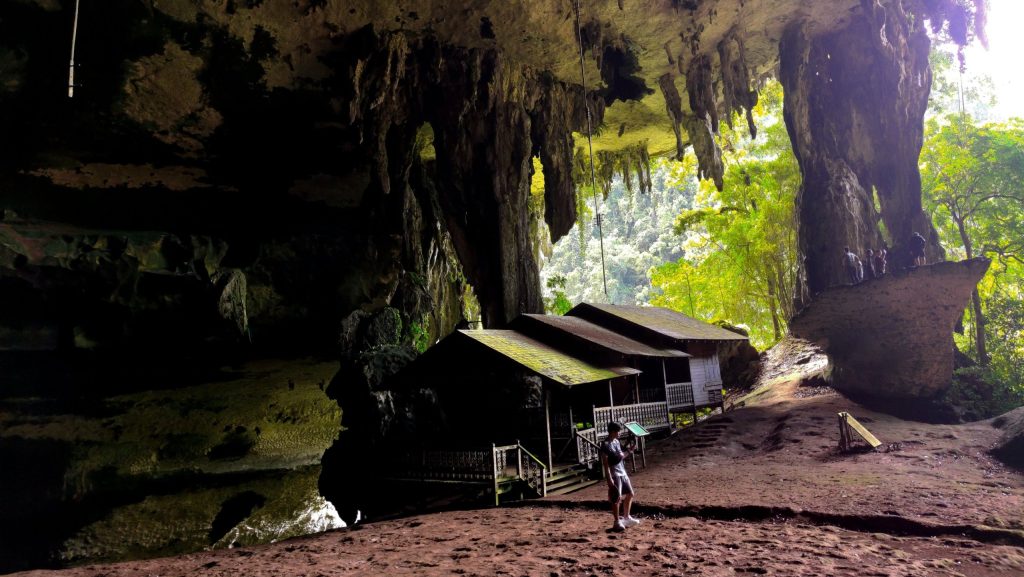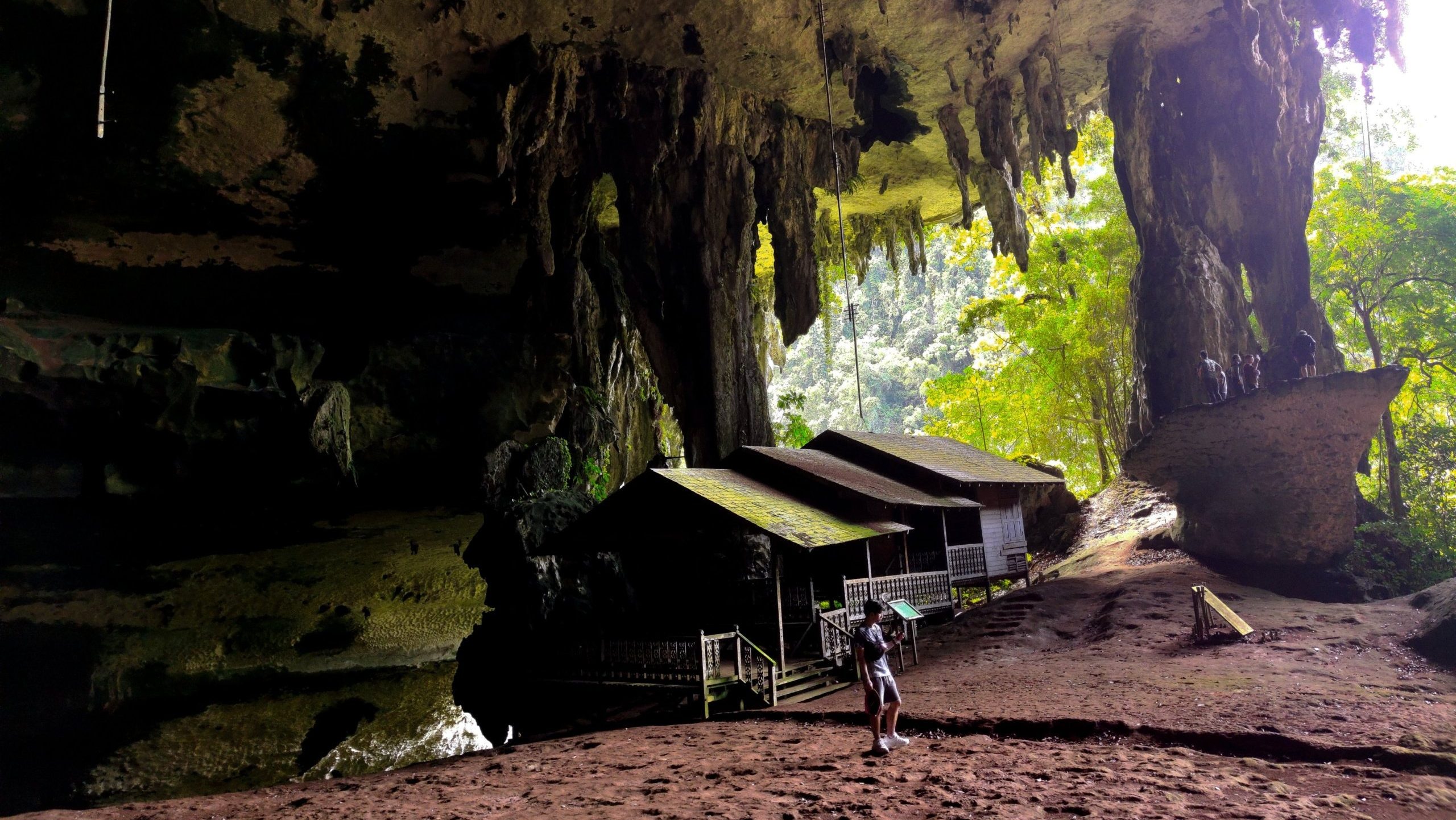Datuk Patinggi Tan Sri Abang Johari Tun Openg Highlights New Historical Discoveries

A Glimpse into Borneo’s Ancient Past
SIBU (Aug 13): The Niah Caves, a site of immense historical significance, is once again in the spotlight as recent discoveries suggest a far older human settlement history than previously believed. Datuk Patinggi Tan Sri Abang Johari Tun Openg, the Premier of Sarawak, emphasized the potential for further exploration of these caves, which could offer new insights into the history of human settlement on the island of Borneo.
Rediscovering Niah Caves’ Historical Significance
A Site of Global Importance
During a recent address at the 18th Biennial International Participatory Design Conference (PDC) 2024 at the University of Technology Sarawak (UTS), Abang Johari revealed groundbreaking findings by the University of New South Wales. These findings suggest that human settlement in Niah Caves began around 60,000 years ago, significantly earlier than the previously estimated 40,000 years.
“There is a historical background that can be explored and for us to explore how people lived at that time and how we inherit the way of life of people in Niah Cave, basically Borneo,” Abang Johari stated.
The Premier highlighted the uniqueness of Niah Caves as the only site in Borneo to be recognized by UNESCO for its reflection of human settlement on the island. He also shared a personal observation from his visit to the caves, where he noted the presence of turtle bales, indicating that the area was once submerged by water.
Niah Caves: A UNESCO World Heritage Site
Official Recognition at the 46th World Heritage Committee Session
The significance of Niah Caves was further cemented during the 46th World Heritage Committee Session held from July 21-31 in New Delhi, India. The complex was officially listed as a UNESCO World Heritage Site, a designation that underscores its global importance and the need for continued research and preservation.
This recognition not only highlights the historical and cultural value of Niah Caves but also positions it as a crucial site for understanding the early human settlement in Southeast Asia. The listing is expected to attract global attention, encouraging both academic research and tourism, thereby contributing to the local economy.
PDC 2024: A Landmark Event for Sarawak
UTS Hosts Prestigious International Conference
The significance of Niah Caves was a fitting backdrop for the launch of the 18th Biennial International Participatory Design Conference (PDC) 2024, held for the first time in Asia at UTS. Prof Datuk Dr Khairuddin Ab Hamid, Vice-Chancellor of UTS, expressed pride in hosting the event and bringing Sarawak to the forefront of global discussions on participatory design and innovation.
“Sarawak is the first destination in Malaysia and Asia to host PDC 2024. UTS is proud to be awarded the hosting rights of the conference and to put Sarawak on the global map as a destination that promotes knowledge, innovation, and partnerships,” said Prof Khairuddin.
The conference, themed ‘Reaching Out: Connecting Beyond Participatory Design’, brought together over 200 participants from across the globe, including Denmark, Finland, Germany, India, Ireland, Italy, Japan, Mexico, Namibia, and more. The event focused on solutions for designing products, services, and socio-technical systems that integrate people and technology.
Building Global Alliances
UTS Strengthens International Collaborations
In conjunction with the conference, UTS also signed memorandums of understanding with academic institutions from Australia, Africa, Europe, and North America. These partnerships aim to foster collaboration and knowledge exchange, positioning Sarawak as a hub for innovation and research.
Notable Attendees
The event was attended by key figures, including UTS Board of Directors Chairman and Deputy Minister of Education, Innovation and Talent Development, Datuk Dr Annuar Rapaee; Chief Political Secretary to the Premier, Fazzrudin Abdul Rahman; Sibu Deputy Resident Christopher Ranggau Unting; and Sibu Municipal Council Chairman Clarence Ting.
Conclusion: Niah Caves – A Window into Borneo’s Past
The recent discoveries at Niah Caves mark a significant milestone in the understanding of human history in Borneo. As researchers continue to delve deeper into this ancient site, the potential for uncovering new aspects of early human life remains vast. With its recent UNESCO World Heritage designation, Niah Caves is set to become a focal point for historical research and cultural tourism, further enriching the narrative of Borneo’s past.


